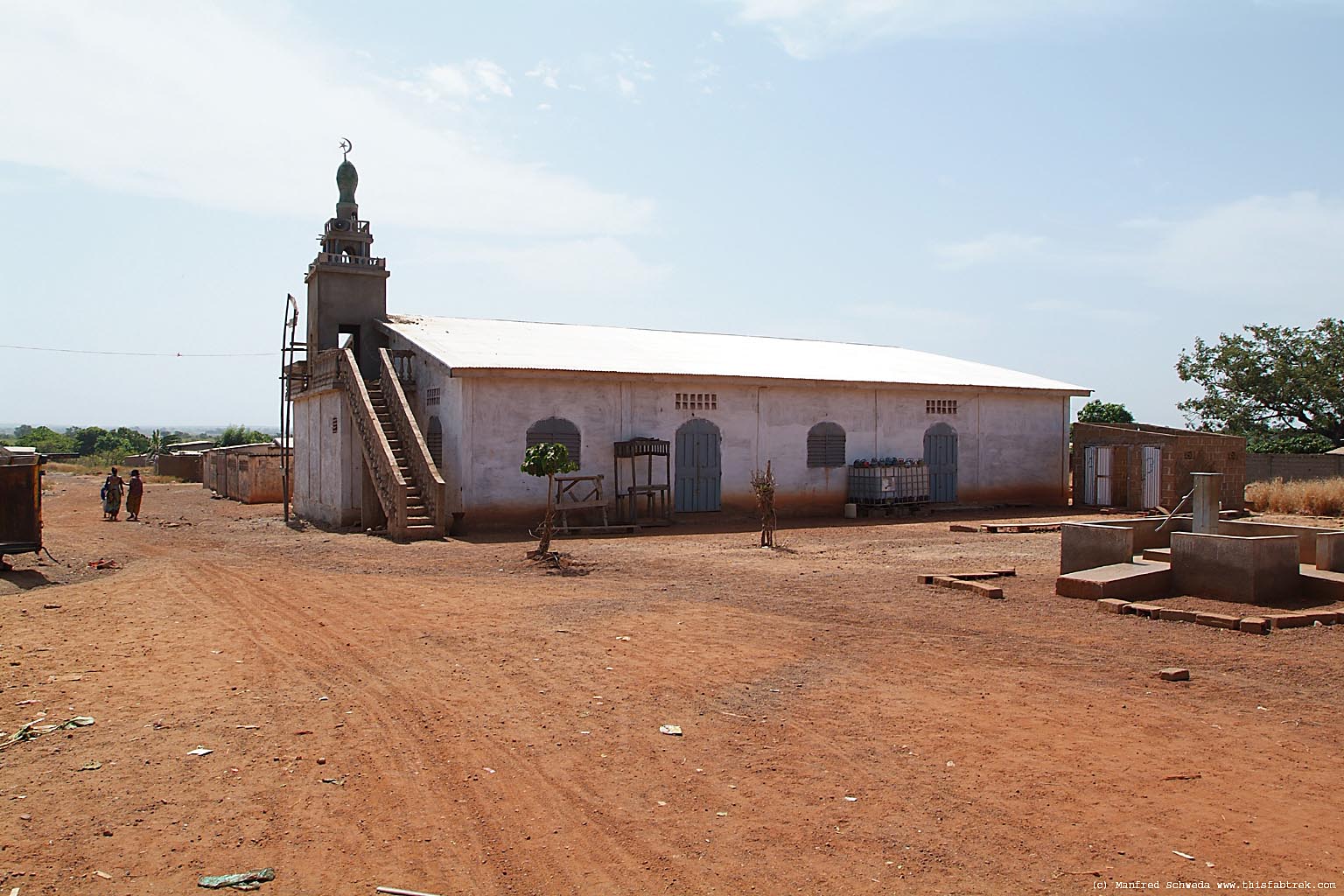And what have I
learned?
Some random observations:
Having a public sector job doesn’t mean your wage will be
paid on time- a number of colleagues reported a “quiet” Christmas, with no money.
Christmas Day- like the key day in the Muslim calendar, Eid-
is just another day: the market is open, as trading means food can be bought
(most homes have no proper food storage facilities), money made and families
will eat.
Water is heavy-I have worked the pump at a borehole, but can
only carry a smallish 10 litre bucket full- and precious- it is the dry season,
and the water supply via pipes is often low pressure and sometimes switched off-for
days.
 |
| Pumping water at the bore hole near Haruna's house. |
 |
| Water is carried home. |
I can efficiently “bucket shower” using one small bowl of
water only.
Water is the most precious commodity, but other commodities
and services which may “finish” randomly are electricity, petrol, phone cards
for mobile phones, the internet, bus timetables. A fairly loose, fairly empty
schedule is the answer, allowing for flexible switching of plans and taking
”delay” as an opportunity for new ventures, new meetings, sharing thoughts,
learning, food and amusing stories. The concept of “waiting”- with accompanying
foot tapping, watch checking, growing irritation etc- is unknown.
| At the "tro" station, where the local buses, or tro-tros collect passengers. Plenty of snacks for sale, while passing the time. (image -internet) |
While daily life occurs during daylight hours- about 5.45 am
to 6.30 pm presently- celebrations of life and of death continue non-stop over
24 hours and more. Accompanying music is invariably loud, wonderfully rhythmic.
Busy with physically demanding daily tasks such as fetching
water, hand laundering, pounding cassava and preparing other time- consuming
staples to eat, (often with the youngest child on their backs in a cloth)
thereby having no time for, and no concept of leisure, the local women look on
bemused as the white women (nasalla) jog, skip with ropes, insist on walking or
cycling-at speed, saying they need the exercise.
 |
| Hand washing at the bore hole. |
 |
| Pounding cassava for Fu Fu- image internet. |
Religion and observance are important. Regular activities-
the day at work, meals, bus journeys, training sessions- will be blessed with
an opening prayer. It helps to have
polite answers to inevitable questions about personal beliefs ready- either to
prompt or to cut short any discussion and debate. Interwoven with Christianity and
Islam –the two main faiths- are traditions and practices rooted in traditional African
spirits and beliefs. (Compare how dates for Easter are fixed with reference to
the first full moon after the spring equinox.) Locally, churches and mosques are both basic and plentiful.
 |
| Local mosque |
 |
| local church |
Ghana has a North/South divide: the northern regions are significantly poorer than the southern.
In politics, voters tend to follow tribal loyalties. There are two main parties which dominate the political system. (sounds familiar?)
People frequently fall ill, sometimes seriously. Morning
greetings, the regular inquiries after the health of family members, are not
empty gestures but recognition of life being precious and to be appreciated,
with death ever present.
Ghana enjoys a deserved reputation as one of the friendliest and most welcoming of countries.
 |
| Our neighbours share a joke with us- through the language barrier. |
No comments:
Post a Comment